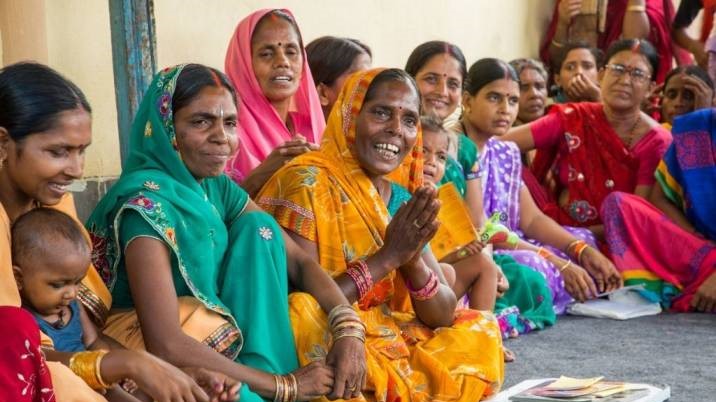Brulé Op-Ed Explores Forces Shaping Political Gender Gap

Rachel Brulé, Assistant Professor of Global Development Policy at the Frederick S. Pardee School of Global Studies at Boston University, co-authored a Washington Post op-ed on her recent study that explored the forces shaping the political gender gap.
In the article, titled “In India’s West Bengal state, backing women’s economic interests helped one party score a historic win,” Brulé and Nikhar Gaikwad, Assistant Professor of Political Science at Columbia University, broke down their recent study Journal of Politics study – “Culture, Capital, and the Political Economy Gender Gap: Evidence from Meghalaya’s Matrilineal Tribes” – focused on one key area that determines gender-based access to wealth in the remote Indian state of Meghalaya: lineage. Meghalaya is home to matrilineal groups, societies in which lineage travels through women rather than men, as opposed to patrilineal in which sons inherit wealth from fathers. The article goes on to explain how the author’s research explores the correlation between access to wealth control to political participation as well as policy views.
The full article can be read on The Washington Post‘s website.
Rachel Brulé is an Assistant Professor of Global Development Policy at the Frederick S. Pardee School of Global Studies at Boston University and core faculty of the Global Development Policy Center’s Human Capital Initiative. Her research interests are broadly in comparative politics, international development, political economy, and gender, with a geographical focus on South Asia. Read more about Brulé on her faculty profile.